By: Wunpini Fatimata Mohammed.
Amid the coronavirus pandemic, many universities are currently deliberating what to do for the forthcoming semester. St. Teresa’s College of Education, one of five female-only colleges in Ghana, is leading the way with e-learning by consolidating the use of messaging applications like Telegram and WhatsApp.
Established as the Women’s Training College in 1961 and later becoming the St. Teresa’s College of Education, Hohoe, Volta region, in 1964, the college is one of 46 colleges of education in Ghana.
In March, the college sent its students home as part of measures to curb the spread of the coronavirus and most classes shifted online. While some students have been asked to return to school to prepare for their final exams, many students continue to learn online from home.
The college does not have an in-built e-learning platform like Sakai, Canvas or Blackboard, and there are no officially recognized learning platforms in Ghana. At other colleges, tutors often use whichever platform they feel works best and as a result, many students download multiple applications like Google Classroom, Zoom, Telegram, and WhatsApp, some of which consume a lot of data. In many cases, students are not formally enrolled on these platforms by their institutions to take lessons.
At St. Teresa’s, however, online learning is mostly conducted on WhatsApp and Telegram. After consulting with tutors and students, the apps were designated as the official learning platforms for the college. Tutors switch to WhatsApp if they run into network problems while conducting classes on Telegram. Students observe that these platforms are low-cost, and this helps them save money on internet data.
Speaking to Global Voices by phone, Benedictus Mawusi Donkor, a tutor at the college, explained why the college decided to enroll all students on WhatsApp and Telegram for e-learning:
When we were using the Google Classroom and YouTube, downloading videos becomes a problem when the network is not that strong. But when it comes to Telegram, I think with a little bit of network you easily get access to text mostly and audio. And some too, just a handful even with the Telegram they have a problem, so we try to engage them on WhatsApp. They have a WhatsApp platform as well as the Telegram.
By consolidating and centralizing platforms for e-learning, tutors have found creative methods to keep students engaged in classes conducted on these messaging apps. Some of these methods include close monitoring of student engagement and attendance, customizing available digital platforms for learning, listening to and addressing students’ and tutors’ concerns and providing monthly digital training for tutors in need.
Doreen Mensah, a first-year student, said that tutors and the college’s authorities found ways to motivate students to participate in online lessons.
The tutors have been motivating us. They know it’s not easy, so they tell us to try. When they are online, and you are not available he will pick his phone to call and find out what is going on. And then they will give you words of encouragement to convince us to go online.
However, there are still structural issues that mitigate learning at St. Teresa’s. According to Jennifer Nyavor, a first-year student, students are struggling financially since their allowances have not been paid since March when they were sent home:
When we were in school, we depended on the allowance but now that we are home, they stopped paying allowances and some of us use it to pay school fees so it’s making life difficult. Since we came back home in March when the president said no school till further notice, that was when they stopped paying the allowances. The allowance is 200 Ghana cedis [$34.54] per month. Unless my parents give me something small to buy data. So when I come online, I can’t ask questions because then the class is over.
High student engagement
According to a Transforming Teacher Education and Learning (T-TEL) report, while some colleges reported attendance rates as low as 31 percent in June, St. Teresa’s reported a 97 percent attendance rate. Tutors were highly engaged and in touch with students’ pedagogical needs. Tutors checked in regularly with students who were missing classes to work with them so that they could maintain regular class attendance.
In phone conversations with Global Voices, students and tutors observed that the college’s principal, vice-principal and quality assurance officer were added to each course platform to observe classes and work to address challenges as they emerged.
According to Jennifer Agyekum, a second-year student at the college, the efforts of tutors to keep students engaged have been effective:
Those who do well in assignments, tokens are being given to students in the form of [internet data] bundles. They are really motivating us to participate in the virtual learning and they are doing their best.
However, tutors and students still had to deal with other structural issues that specifically affected student engagement while they studied remotely.
Sophia Adjoa Micah, the principal, said:
As students are at home, some parents may not understand the whole business of learning online. Seeing their wards online they may not take kindly to it. And being females, some of the students have to do chores at home. It is a challenge to learn online and concentrate without any distractions.
Other tutors took the initiative to call parents and talk to them about creating conditions at home to enable their daughters to learn online with as few distractions as possible.
At the end of each month, tutors are required to write reports detailing the progress of their online classes and identify the challenges of mitigating teaching and learning. These reports are then submitted to school management who review them and work with tutors and students to develop strategies to address these issues.
The college also adopted an open communication style where conditions were created for students to share their concerns and challenges. The students who spoke to Global Voices found that this communication style was helpful for supporting their learning.
A model for higher education e-learning
While some lecturers in other higher education institutions in Ghana have struggled to navigate teaching online, St. Teresa’s College has worked in close collaboration with tutors to ensure that they are properly equipped to use digital tools to teach their classes.
Some tutors said that the Information Technology (IT) department of the college organizes monthly programs and workshops to help tutors who are struggling to navigate digital platforms in their classes.
In an email conversation with Global Voices, Principal Micah explained how some of the college’s support funds from T-TEL were used to enroll tutors in an online certificate course organized by Amsterdam University of Applied Sciences.
The college is doing well with limited resources, but Micah believes that the establishment of a state-of-the-art ICT center will help them improve the quality of e-learning. Micah has also appealed to telecommunications companies in Ghana to provide support for students via free data packages to improve access to education, especially for marginalized students.
Source of the article: https://globalvoices.org/2020/07/10/this-womens-college-in-ghana-leads-the-way-on-e-learning-during-the-pandemic/


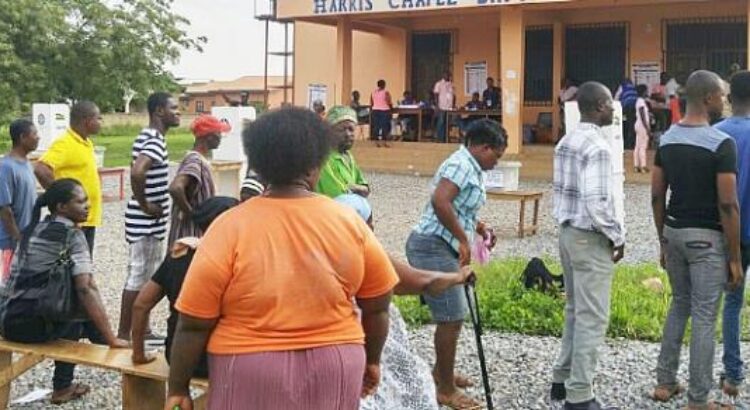
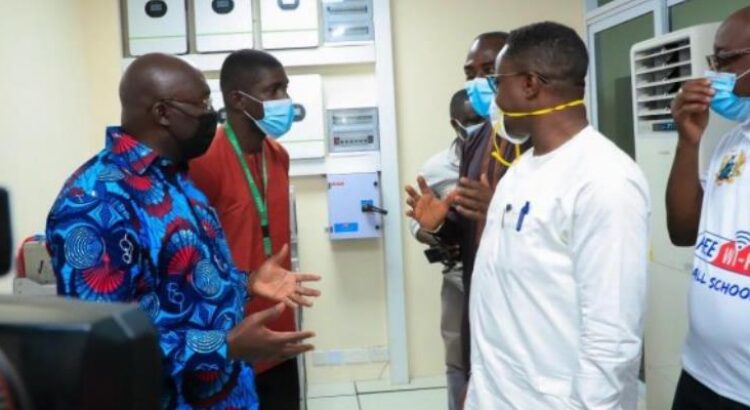
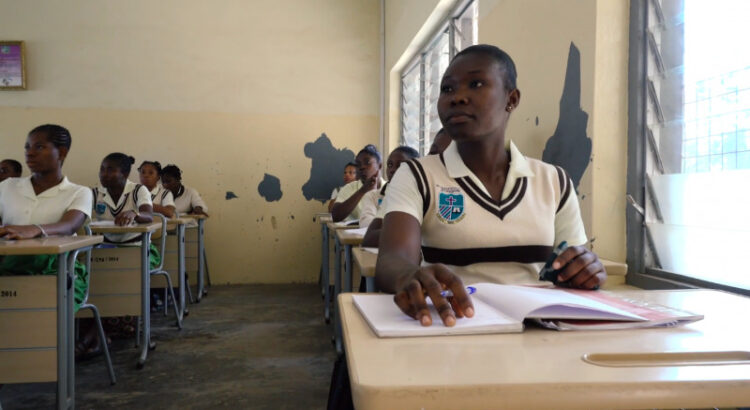
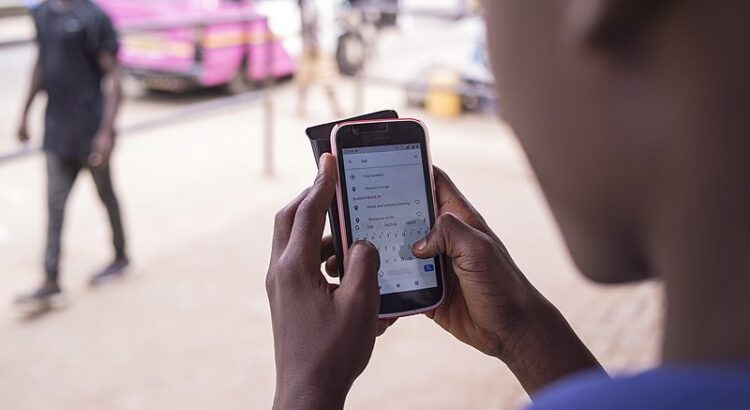
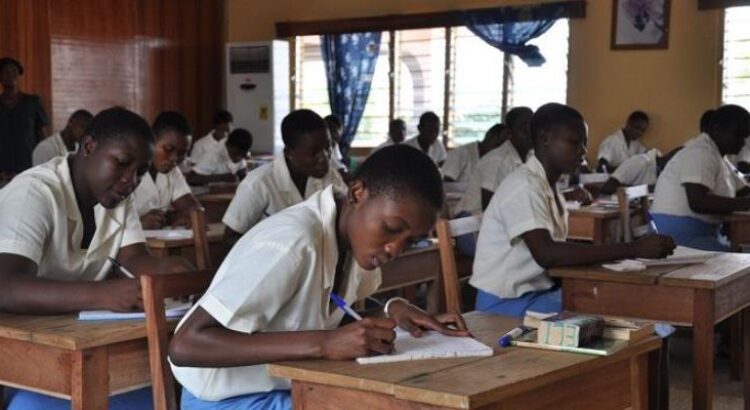





 Users Today : 71
Users Today : 71 Total Users : 35404338
Total Users : 35404338 Views Today : 87
Views Today : 87 Total views : 3333861
Total views : 3333861